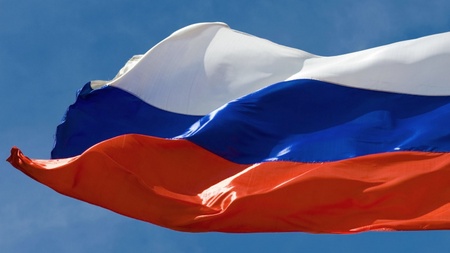An international review of Russia's energy sector to be presented in Moscow, has been advised by the University of Aberdeen's Centre for Energy Law.
The in-depth analysis from the International Energy Agency (IEA), an autonomous organisation which works to ensure reliable, affordable and clean energy, is considered the leading study on Russia’s energy sector.
Dr Anatole Boute from the University of Aberdeen worked to advise the IEA on Russian renewable energy law and policy. This advice built further upon Boute’s involvement with the IFC Russia Renewable Energy Program (part of the World Bank Group).
Boute was part of the IEA In Depth Review team, joining energy experts from the IEA, together with experts from the Nuclear Energy Agency, the Italian and Japanese Ministry of Foreign Affairs, the UK Department of Energy and Climate Change, the US Department of Energy, the EU Commission and the Ministry of Economic Affairs of Finland, the Netherlands, Japan and Germany.
The paper is the first IEA review of the country since 2002 and makes a number of key recommendations for Russia’s energy policy makers.
The recommendations of the IEA In Depth Review are intended to help guide the country towards a more sustainable energy future and cover Russia’s general energy policy, energy efficiency, climate change, natural gas, oil, coal, electricity, renewable energy, nuclear energy, district heating and research and development.
The IEA study provides a timely input to the ongoing work of the Russian authorities on the development of Russia’s new energy strategy to 2035.
The report can be accessed at http://www.iea.org/w/bookshop/add.aspx?id=474.
The key recommendations of the IEA study are to:
- Consider a set of policy adjustments and reforms to foster investments in energy infrastructure and energy efficiency, including: the immediate removal of crosssubsidies and progressive removal of subsidies; the full deployment of meters in the heat sector; better access to finance and appropriate fiscal incentives; focus on quality of energy supply service; and a de‐linkage of social policy from energy policy.
- Focus on effective regulation and implementation of legislation and regulation, through swifter institutional co‐ordination and empowerment at the federal level and between the federal and regional/local levels, through monitoring and enforcement strategies.
- Promote more efficient energy markets, in particular the gas, oil and electricity markets, through greater competition and market‐based pricing, strengthened corporate governance standards and transparency of markets.
- Ensure the development of Russia’s most cost‐efficient oil and gas resources, in particular through EOR, and take steps to maximise the oil and gas export potential, including the accelerated development of gas for the transportation sector and commercial export strategy adjustments.


